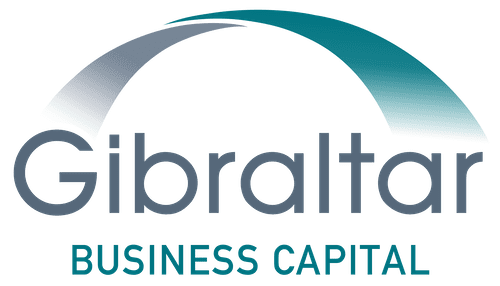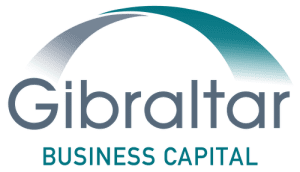Whether you’re a company owner, CFO or financial sponsor, the future of your company’s growth is often dependent on choosing the right financing partner.
The right asset-based lender takes the time to understand your company’s unique borrowing needs — and has the ability to deliver creative solutions that match your specific needs. At Gibraltar, we’re here to help you understand the world of asset-based lending better, and ensure you have access to flexible financing to scale and grow your business.
Understanding the Benefits of Asset-Based Lending (ABL)
What makes asset-based loan facilities unique is that, unlike a cash-flow facility that involves a lender placing emphasis on a borrower’s future cash flow to determine loan amounts and approval, availability of an ABL facility is driven by the quality and value of the company collateral or “borrowing base assets.”
Lenders are less focused on financial covenants like cash flow ratios and operating leverage ratios but, instead, are interested in ensuring that the assets to be used as collateral are of good quality and easily accessible. ABL facilities are a great option for companies experiencing temporary cash-flow problems. This is often a popular option for companies that find traditional forms of business credit too restricting. Common examples include companies where revenues are impacted by seasonal sales, recent mergers or acquisitions, a turnaround or turnover of management, or changes in a product or manufacturing strategy.
While banks offer ABL facilities, alternative lenders have more leeway and flexibility around offering loans to companies in transition. They have the capability to be far more creative in customizing a loan structure to fit a company’s individual needs across a diverse number of asset classes including accounts receivable, inventory, machinery and equipment, and real estate. Read more about the type of assets that can form an ABL borrowing base. Individual asset class inclusions vary by lender and loan type.
How an Asset-Based Lender Evaluates Your Assets
Asset-based lenders develop a borrowing base calculation which establishes the amount of liquidity available for borrowing based on asset balances and advance rates extended against those asset balances. The advance rate (loan to value) ranges by loan and is largely determined by the asset quality and inclusions/exclusions established for each asset class considered under the borrowing base. Asset-based loans are generally supported by working capital assets, such as inventory and accounts receivable. However, in some cases, these may be combined with fixed assets such as equipment or real estate for increased borrowing capacity.
With regards to accounts receivable, learn more here about the types of account receivable that you can borrow against. In addition to evaluating various types of receivables and account debtors, an asset-based lender will also evaluate your general invoicing and collection processes, dilution rates (percentage of accounts receivable that do not turn into cash), and turnover days (average amount of time receivables are held before they are collected) to gauge the health of the asset class and business overall. Effective practices increase the quality of your assets and improve your financing options.
Inventory is also one of the most important categories of business assets that can be used as collateral for an asset-based loan. Similar to accounts receivable, various types of inventory are valued differently and your inventory management practices are also considered. We provide more detail in these articles on inventory valuation and inventory management.
In some cases, asset-based loans may include fixed assets such as equipment and/or real estate for increased borrowing capacity. If you own valuable equipment in good condition that is earning income or owner-operated multi-purpose manufacturing or distribution facilities, you may be able to include it in your ABL collateral. In this case, the equipment and/or real estate will first need to be professionally appraised to determine its value. Learn more about fixed asset considerations in our blog on understanding equipment appraisals.
Ready to explore an ABL or learn more about these topics? Gibraltar is experienced in a broad range of industries ready to develop responsive and innovative solutions to your financing needs. Click here to set up time to talk to a member of Gibraltar’s professional and experienced sales team.


